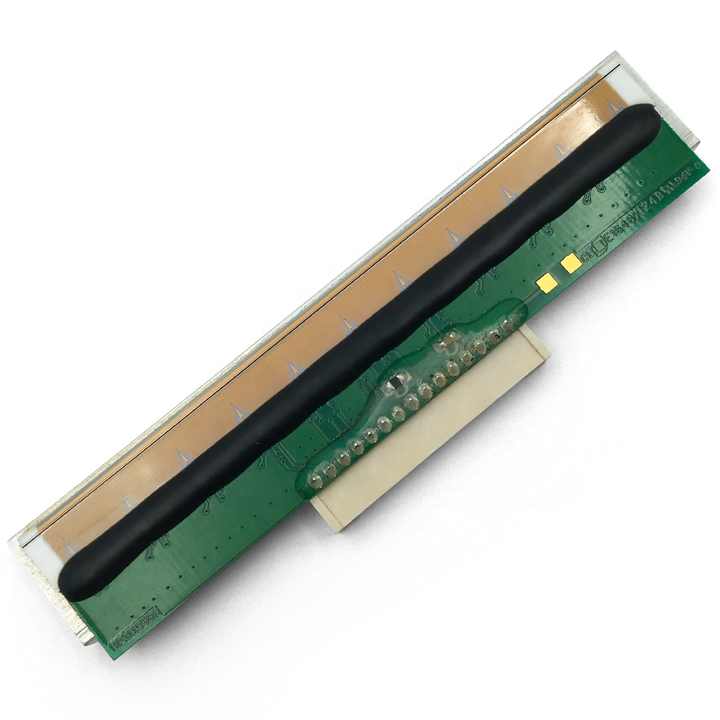types of sensors
1. Automotive sensors
Automotive Sensors
An automotive sensor is a key technology in modern vehicles, designed to monitor, measure, and respond to various parameters to ensure optimal performance, safety, and efficiency. These sensors detect critical data such as engine temperature, tire pressure, vehicle speed, and environmental conditions. Integrated into systems like ABS, airbags, and advanced driver-assistance systems (ADAS), automotive sensors enhance driving comfort and safety while supporting the transition to connected and autonomous vehicles. Their precision and reliability are vital for the future of intelligent transportation.
Rapid Enterprises is your trusted partner for cutting-edge automotive sensors. Whether you’re an OEM, a service provider, or a distributor, our products empower you to stay ahead in a rapidly evolving automotive market. With a commitment to quality and innovation, we deliver the tools needed to drive success.
Contact us today to learn more about our range of automotive sensors and how we can support your business.

2. Agriculture sensors
Agriculture Sensors
An agriculture sensor is a technological tool designed to monitor and optimize farming activities by measuring key parameters like soil moisture, temperature, humidity, light intensity, and nutrient levels. These sensors enable data-driven decisions for irrigation, fertilization, and pest control, improving crop yields and resource efficiency. Widely used in precision farming, they help reduce waste, conserve water, and ensure sustainable agricultural practices, making them indispensable for modern, smart farming solutions.
Types of Agriculture Sensors
Benefits of Agriculture Sensors
- Increased Efficiency
- Optimize resource use, such as water, fertilizers, and energy.
- Reduce waste and operational costs.
- Improved Crop Yields
- Ensure crops receive precise care based on their needs.
- Reduce the impact of pests and diseases.
- Sustainability
- Minimize environmental impact by reducing chemical runoff and over-irrigation.
- Support eco-friendly farming practices.
- Data-Driven Decision Making
- Provide actionable insights for better farm management.
- Predict outcomes using historical data and AI algorithms.


3. PROXIMITY sensors
Proximity Sensors
A proximity sensor is a device used to detect the presence or absence of objects without physical contact. It operates by emitting a signal (infrared, ultrasonic, or electromagnetic) and analyzing the reflection or interruption caused by nearby objects. Widely used in automation, robotics, and consumer electronics, proximity sensors enhance efficiency and safety by enabling precise object detection and triggering actions like opening doors, activating alarms, or adjusting screen brightness. Their versatility, durability, and contactless operation make them a critical component in modern technology.

4. TEMPERATURE sensors
Temperature Sensors
A temperature sensor is a device used to measure heat or thermal energy and convert it into a readable signal. It plays a critical role in applications ranging from industrial processes and home appliances to healthcare and automotive systems. Temperature sensors, such as thermocouples, thermistors, and infrared sensors, ensure accurate monitoring and control of temperature to enhance safety, efficiency, and performance across various industries.
Types of Temperature Sensors:
- Thermocouples:
Use two different metals to generate a voltage that corresponds to temperature changes. Known for their wide temperature range and durability. - RTDs (Resistance Temperature Detectors):
Measure temperature through changes in electrical resistance. They are highly accurate and stable over time. - Thermistors:
Offer high sensitivity and are ideal for precise temperature monitoring in a limited range. - Infrared Sensors:
Detect temperature without direct contact by measuring thermal radiation. Common in non-contact and remote applications.

4. PRESSURE sensors
Pressure Sensors
A pressure sensor is a device that detects, measures, and converts the pressure of gases or liquids into an electrical signal. It plays a crucial role in monitoring and controlling processes across various industries, ensuring efficiency, safety, and system reliability.
Types of Pressure Sensors:
- Absolute Pressure Sensors:
Measure pressure relative to a perfect vacuum, ideal for applications requiring high accuracy, such as altitude monitoring. - Gauge Pressure Sensors:
Measure pressure relative to atmospheric pressure, commonly used in tire pressure and HVAC systems. - Differential Pressure Sensors:
Measure the difference between two pressure points, widely used in flow and level measurement in industrial processes. - Sealed Pressure Sensors:
Measure pressure relative to a sealed reference point, often used in harsh environments.

